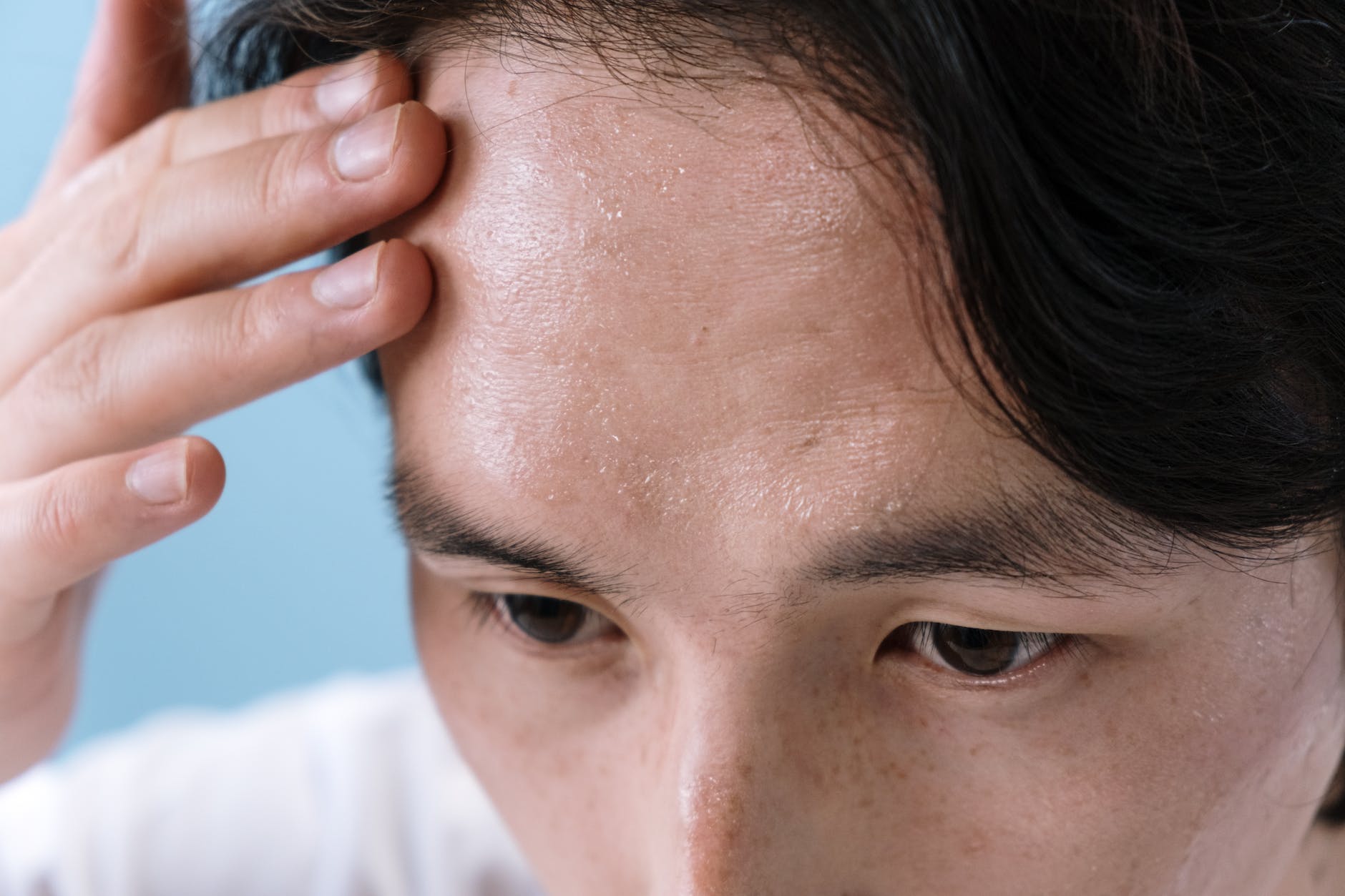
Heat Stress Prevention: Staying Cool in Hot Conditions
Introduction
Heat Stress Prevention : In scorching summer months or in jobs that require exposure to extreme heat, individuals often face the risk of heat stress. This condition, caused by the body’s inability to regulate its temperature effectively, can have serious health implications. To ensure your safety in high-temperature environments, it’s crucial to understand the causes, symptoms, and most importantly, effective prevention strategies. This article will delve into heat stress prevention, offering valuable insights and tips to keep you cool when the mercury rises.
Understanding Heat Stress
What is Heat Stress?
Heat stress, also known as heat exhaustion or heatstroke, occurs when the body’s core temperature rises above the normal range (98.6°F or 37°C). This condition can result from exposure to high temperatures, excessive physical activity, and inadequate hydration.
Recognizing the Symptoms
Heat stress manifests through various symptoms, including:
1. Profuse Sweating
2. Rapid Heartbeat
3. Dizziness and Weakness
4. Nausea and Vomiting
5. Muscle Cramps
6. Confusion
7. Fainting
8. Skin that feels hot and dry
Risk Factors
Certain factors increase the risk of heat stress, including:
1. High Temperatures
2. High Humidity
3. Physical Exertion
4. Lack of Shade
5. Inadequate Fluid Intake
Now that we have a clear understanding of what heat stress is and its symptoms, let’s delve into effective prevention strategies.
Preventing Heat Stress
Stay Hydrated
One of the most crucial steps in preventing heat stress is to stay well-hydrated. Drink plenty of water throughout the day, even if you don’t feel thirsty. Avoid excessive caffeine or alcohol consumption, as they can lead to dehydration.
Dress Appropriately
Wearing lightweight, loose-fitting, and light-colored clothing can help keep your body cool. Additionally, consider wearing a wide-brimmed hat and sunglasses to protect yourself from the sun’s direct rays.
Take Breaks
If you work in hot conditions, it’s essential to take regular breaks in a shaded or air-conditioned area. This allows your body to cool down and recover from the heat.
Know Your Limits
Avoid overexertion, especially during the hottest parts of the day. Pace yourself and listen to your body. If you start feeling unwell, stop any strenuous activity immediately.
Use Cooling Aids
Utilize cooling aids like cooling vests, wet towels, or personal fans to help regulate your body temperature.
Acclimatize
If you’re new to working in hot conditions, allow your body time to acclimatize. Start with shorter shifts and gradually increase your exposure to heat.
Eat Light
Heavy meals can increase your metabolic heat production. Opt for light, easily digestible meals during hot days.
Stay Informed
Keep an eye on weather forecasts and heat advisories. Knowing when extreme heat is expected can help you plan your activities accordingly.
Conclusion
Heat stress prevention is a matter of prioritizing your well-being and taking proactive steps to protect yourself in high-temperature environments. By staying hydrated, dressing appropriately, taking breaks, and being mindful of your limits, you can enjoy the summer months and stay safe while doing so.
Silica Dust Exposure in Construction
Electrical Hazards in Construction
The Importance of Fall Protection
Welding Hazards and Precautions
Scaffolding Hazards and Precautions
FAQs
1. How does heat stress affect the body?
Heat stress can cause dehydration, heat exhaustion, and in severe cases, heatstroke. It can lead to serious health complications, including organ damage.
2. Are certain individuals more susceptible to heat stress?
Yes, certain individuals, such as the elderly, children, and those with preexisting medical conditions, are more vulnerable to heat stress.
3. Can heat stress be fatal?
Yes, untreated heat stress can progress to heatstroke, which is a life-threatening condition. It is essential to take heat stress seriously and seek medical attention if needed.
4. What should I do if I suspect someone is experiencing heat stress?
If you suspect someone is experiencing heat stress, move them to a cooler area, offer water, and encourage them to rest. If their condition worsens, seek immediate medical help.
5. How can employers protect workers from heat stress?
Employers can implement measures such as providing shade, regular breaks, and hydration stations to protect workers from heat stress. It’s also crucial to educate employees about the risks and prevention strategies.
























